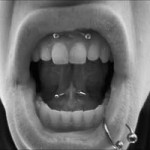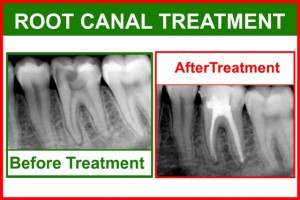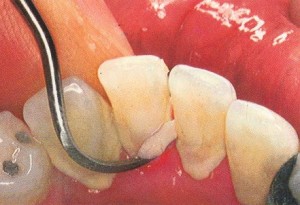Piercing is a popular way to decorate the body and enhance features. While the trend is popular, lip piercing does present some problems for the mouth and gums. If you wish to get a piercing, always visit a professional who follows proper sanitary practices. Make sure the piercing and the mouth is cleaned with mouthwash regularly to avoid infection. Good and effective tooth brushing methods must also be establish as it is the fundamental requirement for good oral hygiene. Continue reading
Tag Archives: periodontal disease
How to Prevent and Avoid a Root Canal Treatment
Root canal treatment is a dental procedure commonly used to treat infected or necrotic teeth. It offers an alternative to having the troubled tooth extracted, provided that the root canal system is accessible with reasonable negotiation as close as practicable to the end of the root. The tooth also needs to have an adequate amount of remaining tooth structure and good surrounding bone support.
Why do teeth need root canal treatment?
Teeth requires root canal when the pulp of the tooth has been pathologically involved through decay or periodontal infection such that the pulp is progressively dying or already dead. The pulp in this context refers to the nerve and blood vessel supply of the teeth, which provides sensation and nutrients to the teeth. When bacteria invades the root canal system, it slowly colonize the area to eventually infiltrate the whole canal and causing death of the pulp. Bacteria can still grow on dead pulpal tissue, allowing precipitation of more toxins and causing an infection, which can spread outside to the underlying jawbone and supporting tissues. Despite the nerve being dead, the surrounding tissues still possess neural innervation and this contribute to the pain perception when infection associated with a necrotic nerve is involved. Continue reading
How to Identify Risk Factors for Gingivitis
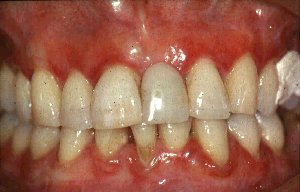 What is gingivitis?
What is gingivitis?
Gingivitis or generally known as gums (gingiva) disease is defined as an inflammation of the gums surrounding the teeth. Gingivitis is commonly initiated by dental plaque formation, termed as plaque-induced gingival disease. With continuous plaque irritation and severe inflammation to the gums, this condition will progress into periodontitis, a destructive form of periodontal disease.
However, non-plaque-induced gingival lesion is an oral manifestation of systemic conditions that produce lesions in the gums; which are in very rare occurrence. Continue reading
How to avoid scaling and root planing scam
Scaling? Root planing ? These are everyday dental terms which sort of sound like something used in the field of engineering or construction. To a certain extent, there seems to be a muddle up of understanding about these two terms, what they are, and why they are even needed. This article aims to clear up the air of confusion.
Like nearly all dental problems it all originates from plaque. Plaque is a soft sticky bio-film formed by bacteria which is rather easily cleaned through the use thorough and proper tooth brushing habits. However, should plaque be allowed to build up (due to improper tooth brushing technique or total neglect of oral hygiene.) it may take up trace minerals in ordinary salivary and harden to form what is known as dental calculus, a tenacious solid mass which is nearly impossible to remove through tooth brushing. Without removal of these substances, you are opening the door to gum infection, tooth loss and even serious internal diseases.
Know more about Gum Disease
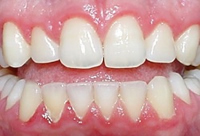
Gum disease is also known as periodontal disease. Periodontal means around a tooth. Any disease involving supporting tissues and bone around a tooth is called periodontal disease. There are 2 stages of gum disease, namely gingivitis and periodontitis. Gum disease can affect anyone including children. Continue reading
